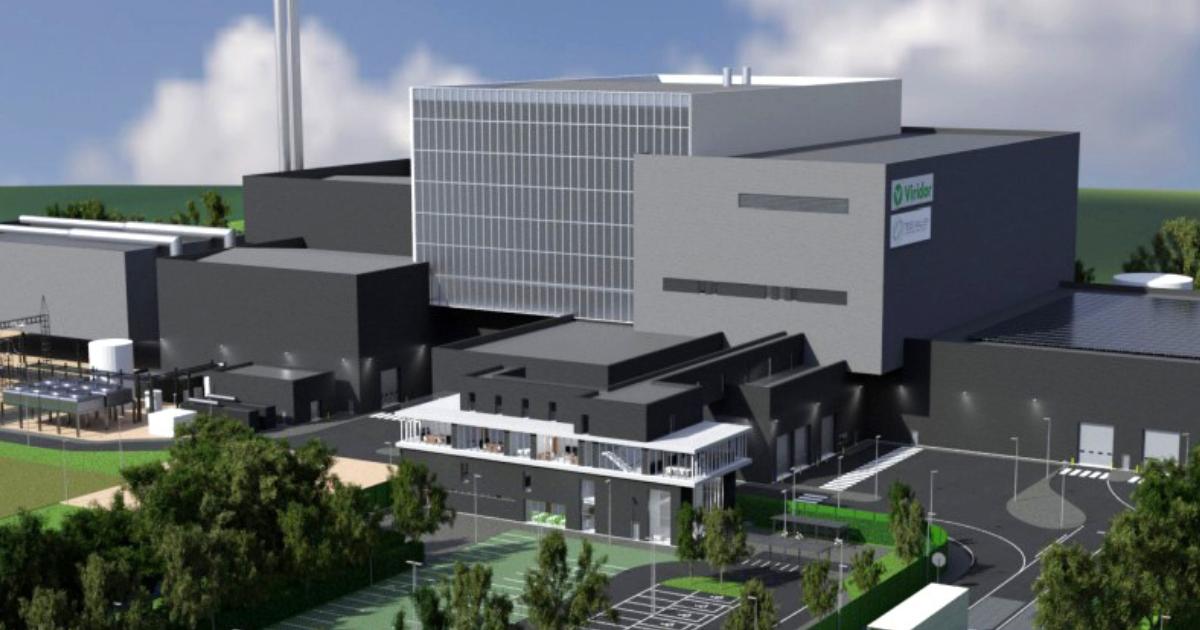The Tees Valley Energy Recovery Facility (TVERF) is projected to burn 450,000 tonnes of residual black bag waste a year from its site at Teesworks near Grangetown.
Waste from thousands of homes across the region, including Darlington and County Durham, will be burned at the facility; however, campaigners have warned it would be “unfair and dangerous”.
A decision is due soon on whether to award waste operator Viridor a 30-year contract for the proposed facility, with the local authorities involved, who are sharing the procurement costs, each giving their own sign-off.
Darlington’s Labour and Liberal Democrat administration was quizzed on its position after leading councillors on Redcar and Cleveland Borough Council deferred a decision on Tuesday.
Conservative leader Jonathan Dulston, who led the council between 2022-23, said: “I was briefed that if one local authority pulls out, then the whole thing would be scrapped, but that now seems to have changed, suggesting it could still go ahead.”
However, that position has reportedly changed, meaning the project is able to proceed.
Libby McCollom, cabinet member for local services, told a council meeting: “The current theory is that if an authority pulled out of supporting the TVERF, then partners would endeavour to continue the project.
“We are continuing with the project to ensure it progresses. It’s not without its issues, but we are endeavouring to ensure members are fully briefed.”
A previous statement issued on behalf of the project partners said it represented the “safest, most reliable and most sustainable way to manage our region’s residual waste and is fundamentally a continuation of practices that have taken place in Teesside for many decades now without incident or concern”.
Recommended reading:
The Environment Agency said it is “minded to” accept proposals for the controversial waste incinerator as it launched a second consultation over the plans in May.
Last year, the Government announced it would block new incinerators if they did not help meet environmental objectives. Developers will have to show that their project either helps reduce the amount of non-recyclable waste going to landfill or replaces an older, less efficient incinerator.
But the proposals stop short of the plans included in the Conservatives’ 2024 manifesto, which committed to a complete ban on new incinerators due to their “impact on local communities” and declining demand as recycling increased.
